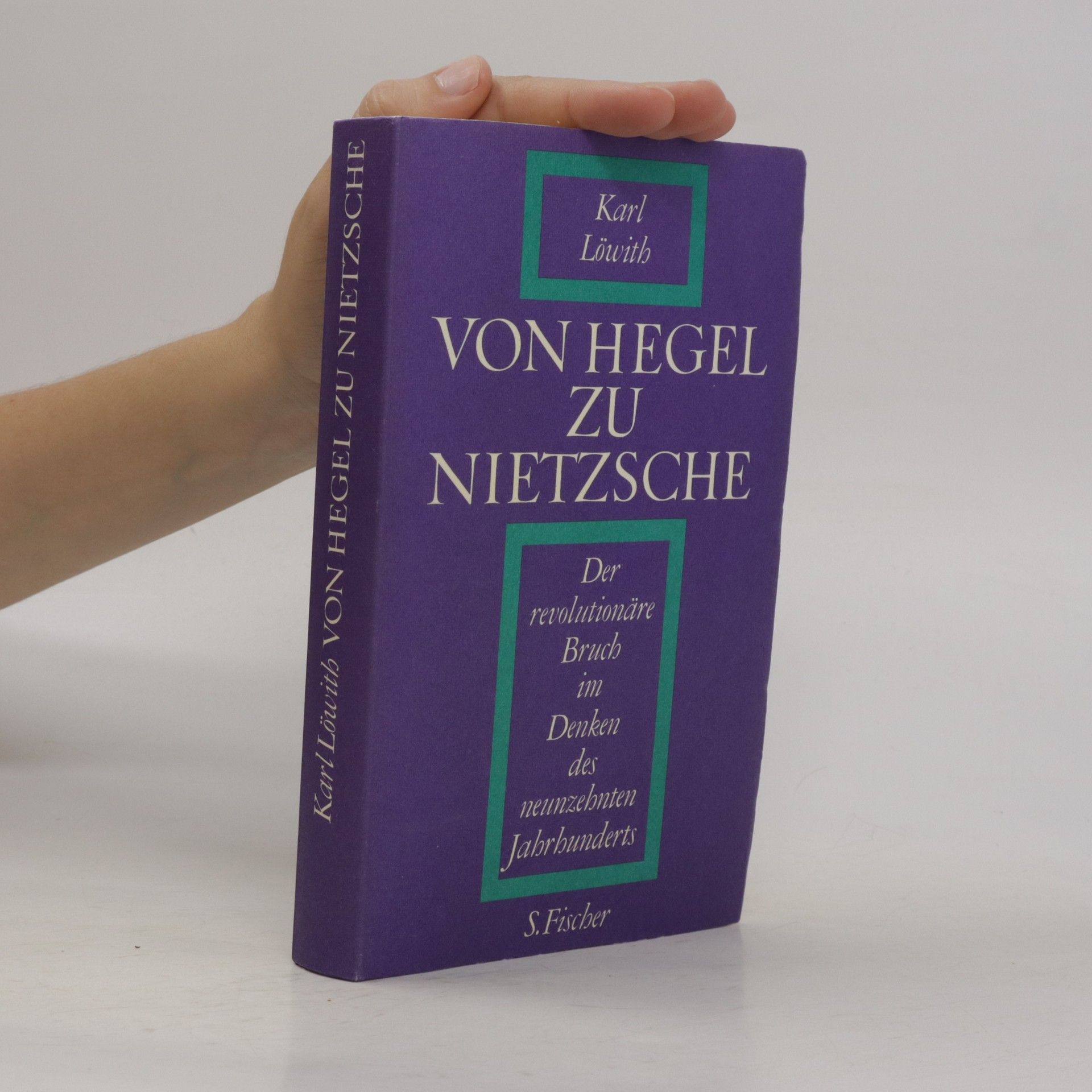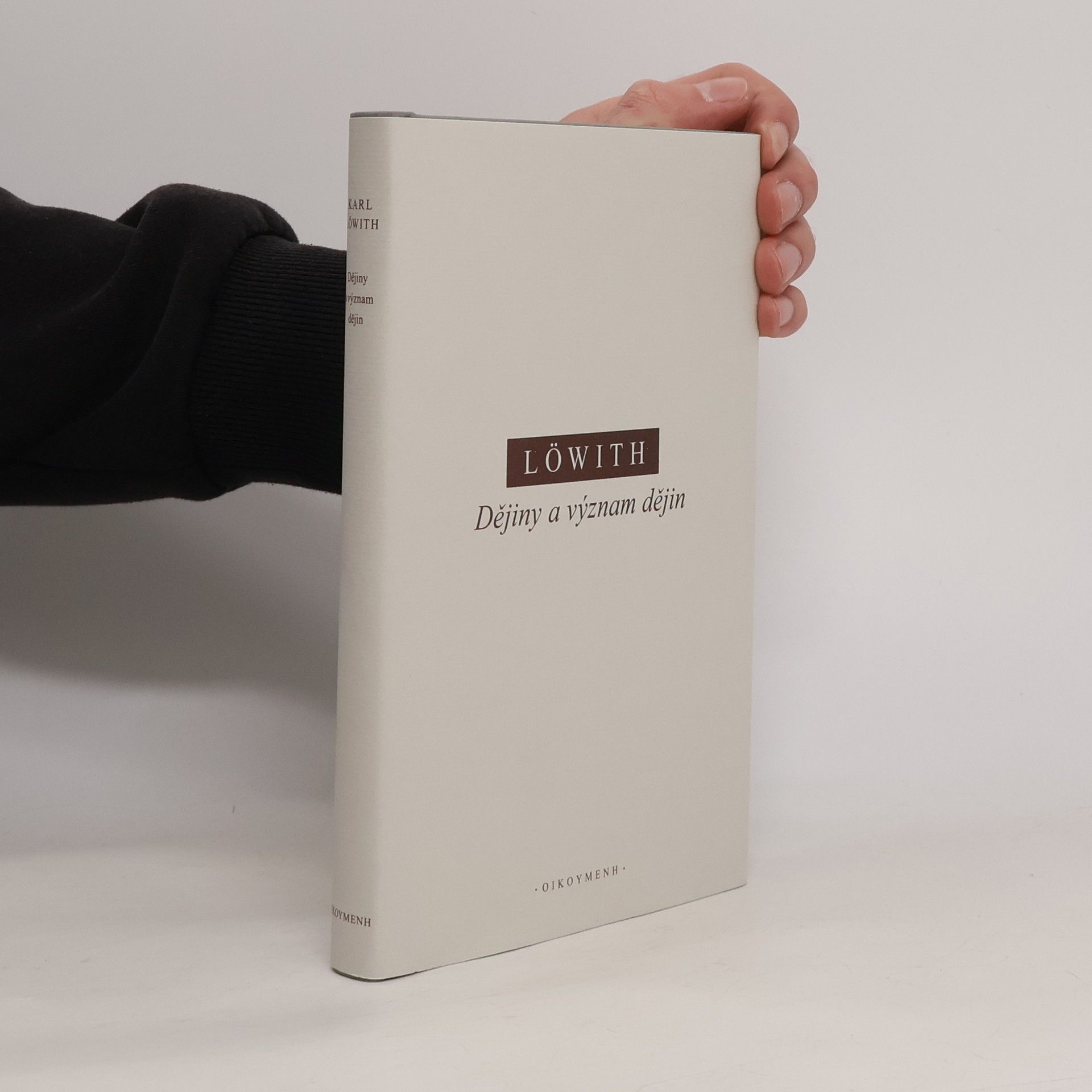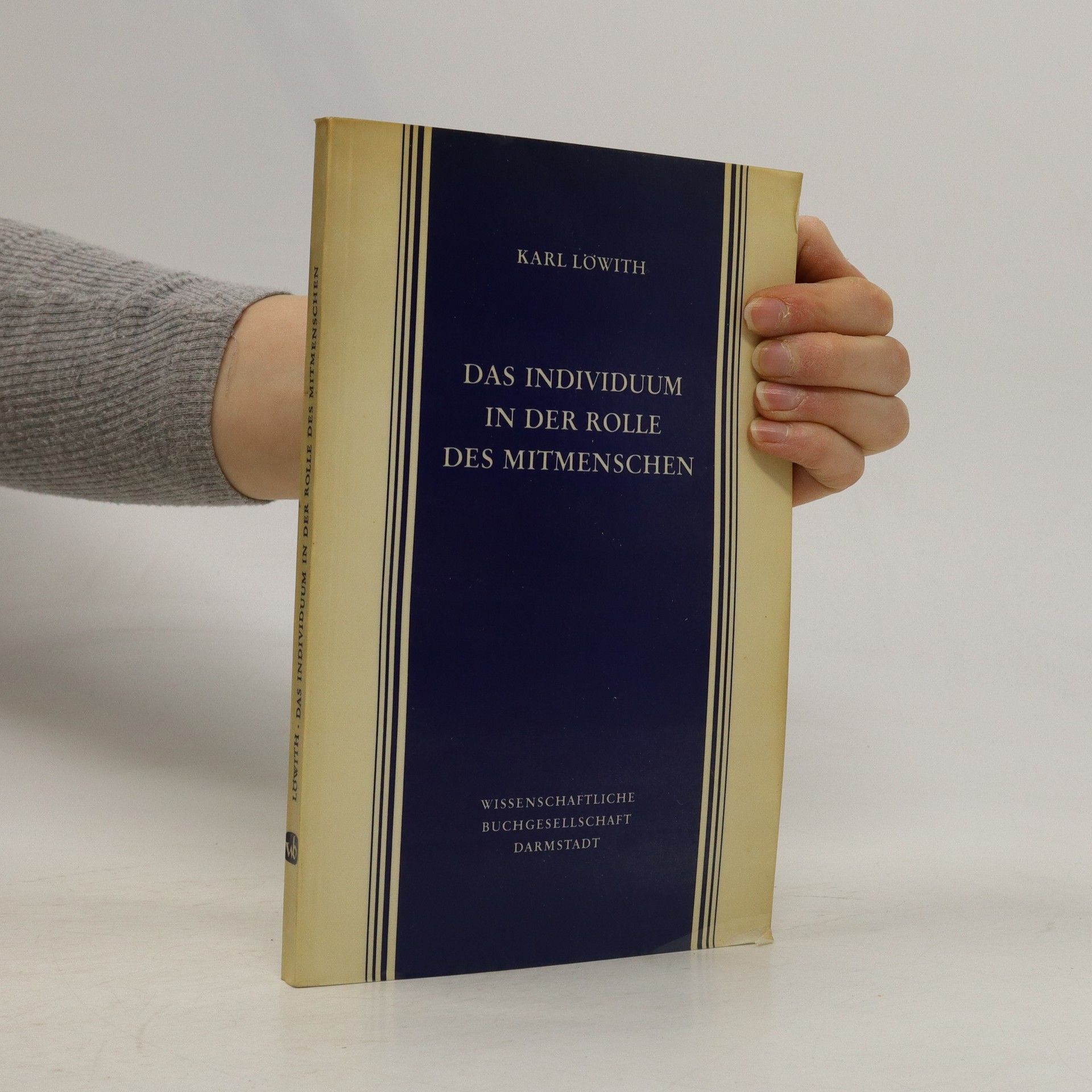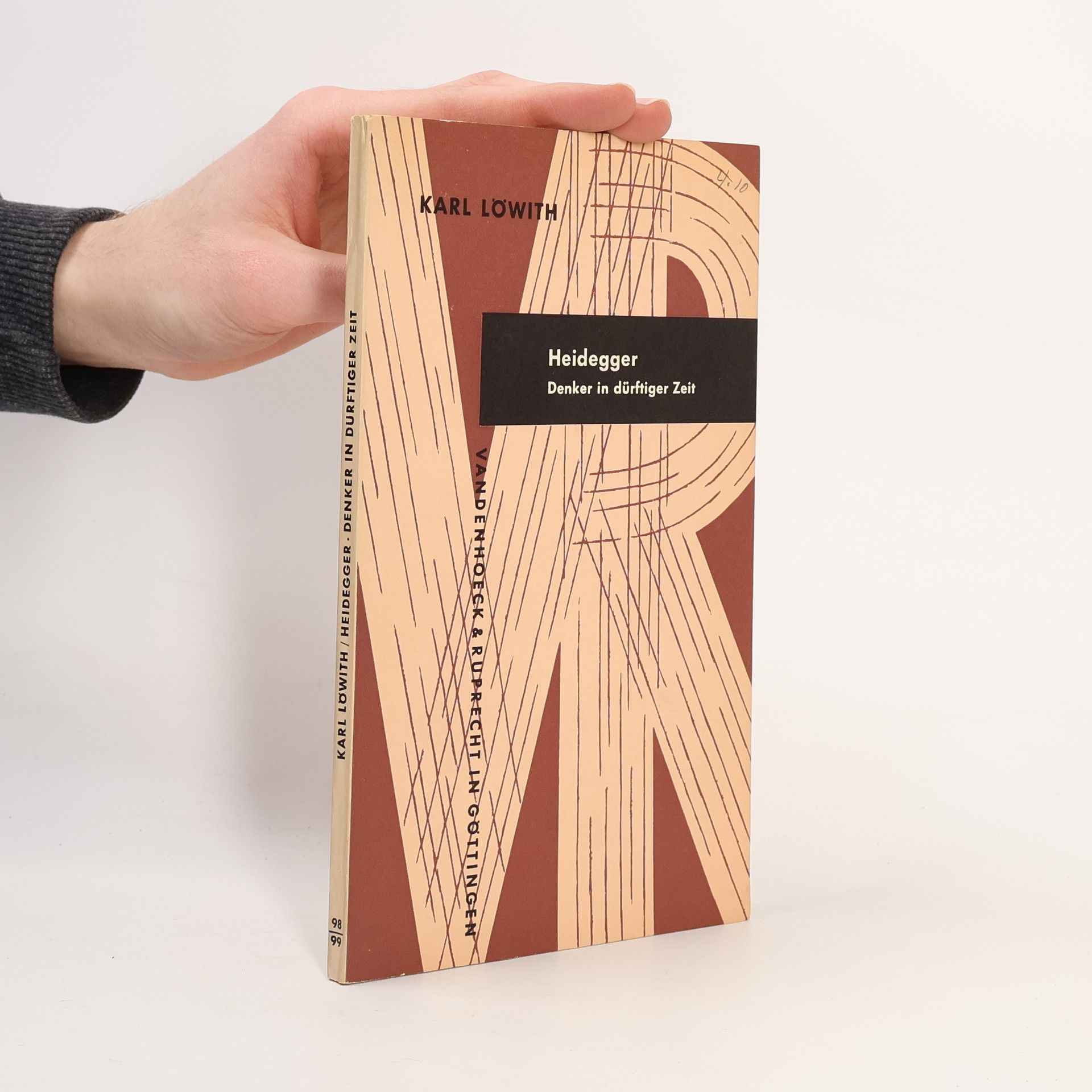Dějiny a význam dějin
- 274 stránek
- 10 hodin čtení
Moderní člověk, tvrdí Karl Löwith, pohlíží na svět zároveň okem víry i okem rozumu, a jeho vidění dějin je proto nevyhnutelně zkreslené. Dějiny západního světa byly po staletí nahlíženy z hlediska křesťanského, anebo klasického – z hluboké víry v Boží království, anebo z víry vopakující se a věčné životní cykly. Moderní mysl však není ani křesťanská, ani pohanská – a její výklady dějin jsou proto jen odvozeně křesťanské a ve výsledku protikřesťanské. Pro věřícího nejsou dějiny autonomní oblastí lidského usilování a pokroku, nýbrž sférou hříchu a smrti, která potřebuje vykoupení; v této perspektivě nelze historický proces jako takový pokládat za svrchovaně důležitý. Moderní myšlení vyhlíží pokrok, avšak vylučuje křesťanskou perspektivu důsledků stvoření a naplnění času; od starověkého světonázoru sice přejímá představu nekonečného pohybu, zároveň však odmítá jeho kruhovou strukturu. Moderní historické vědomí je tak se svým pojetím lineárních dějin jakousi křesťanskou „herezí“. To vysvětluje tendenci k eschatologickému pohledu na lidský pokrok, jež se v dějinách a ve filosofii často objevovala. Löwith rozvíjí tuto teorii ve svém dnes již klasickém díle na podkladě analýzy klíčových textů, přičemž začíná přístupnějšími filosofiemi dějin, které vznikly v devatenáctém a osmnáctém století, a postupně se propracovává nazpět k autorům starověkým a k Bibli.






